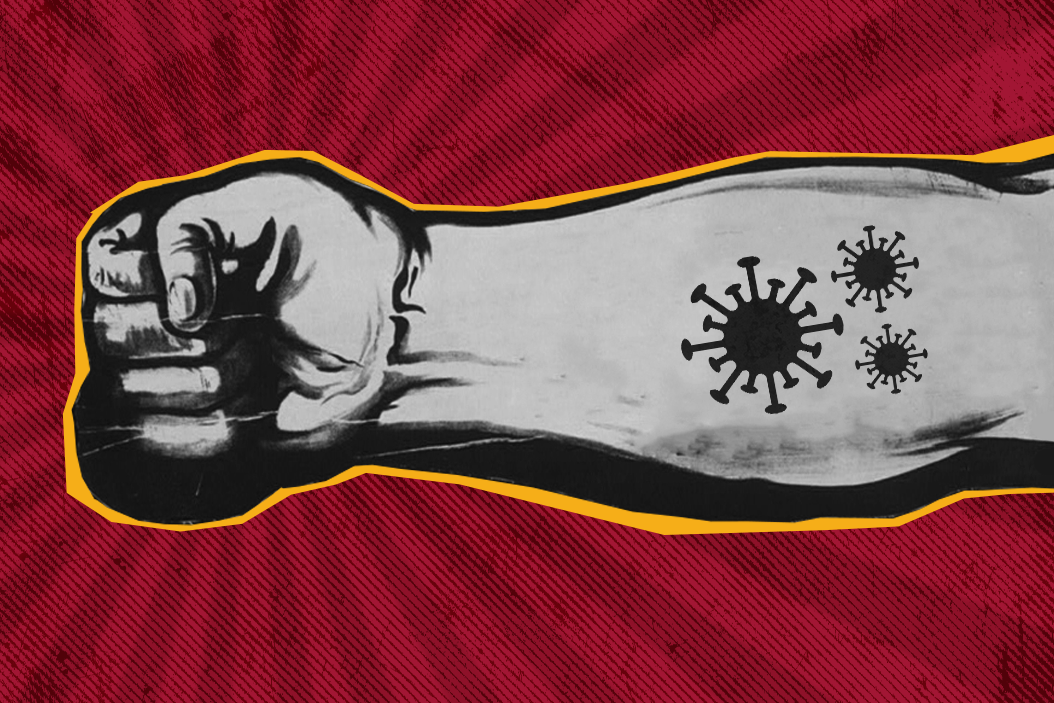Every crisis creates an opportunity for somebody, and a global pandemic can be a great one for strongmen (or aspiring ones.) Around the world, states of emergency, lockdowns, and restrictions on information are creating a perfect opportunity for big power grabs, particularly in countries with weak or non-existent democracies.
So, let's say you, on this fine pandemic Wednesday, are an autocrat — or at least an aspiring one. Here are a few reasons why you might be excited about the pandemic, and few things to worry about before summoning your lackeys for a crackdown party.
Pandemics can boost your power, and fast. Controlling the spread of a disease naturally requires broad state powers to restrict movement, commerce, and information. You can now push through new emergency laws that give you virtually unchecked power. And if you're smart, like Hungary's "illiberal" Prime Minister Viktor Orban, you'll leave them open-ended.
Here's a good excuse to stifle criticism. Fake news is a killer during public health crises, when people need timely and accurate information about outbreaks and government responses. But "fakeness" is often in the eye of the beholder. Stiff new penalties for spreading vaguely-defined "panic" or "misinformation" in Russia, Turkey, the Philippines, and Hungary have sent a chill through the press in those countries more broadly.
Protests are less likely and easier to control. Who wants to be with thousands of shouting people right now? Six months ago, protest movements were sizzling all over the world – now it's crickets in the streets. All but your hardiest or most creative opponents will stay home. And you can use (real) public health concerns to prohibit or quash any demonstrations.
What's this about contact tracing and surveillance? Needless to say, you are very excited about using contact-tracing and facial recognition tools to do more than just track a virus. Even the world's leading democracies are going down this path – with privacy guardrails that are less of a concern for you — and it's a great excuse to build out better ways to surveil and control your people (and your opponents).
All that said, a national health emergency also poses real risks for you. Consider:
The buck really stops with you. Those coronavirus numbers aren't going to reduce themselves. If they rise too high, you can try to blame subordinates or outsiders. But in the end, the more power you assume, the more you're on the hook if things go badly.
Cracking down on speech or journalists is a double-edged sword. If you stifle the flow of accurate, widely-sourced information about outbreaks and your government's response, you can end up making dumb mistakes – or bad recommendations - like the president of Belarus.
How competent are your lackeys again? To tackle a health crisis you need capable bureaucrats to execute complex plans. But if you – like most strongmen – have chosen your ministers and governors more for loyalty than competence, they'll quickly face problems that force them to choose between protecting the public's health and protecting the leader's authority.
In short, a pandemic offers you great opportunities – but how lucky do you feel?
